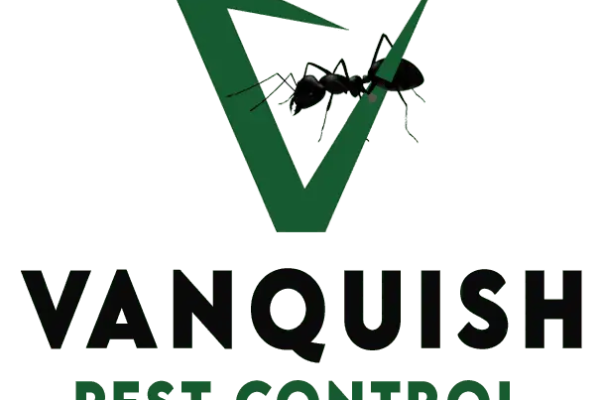Choosing a supplier for your steel forging projects in China can make or break your project. With hundreds of suppliers, you need clear criteria. So, our blog aims to guide you through the entire process of selecting a trustworthy steel forging company in China that meets your budget and quality requirements.
1. Define Your Technical Requirements
Start with your product specifications. Determine dimensions, tolerances, and alloy grades. Also include any special treatments, like heat treatment or surface finish. Also if you need support services, such as aluminum die casting services. A good list will help potential partners understand your requirements.
2. Verify Industry Experience
Look for a steel forging company in China that has experience working on parts like yours. Check their website for case studies or project portfolios. A partner that has 10 – 20 years’ experience will likely be able to deal with problems. Ask for references. If possible, speak to previous customers directly.
3. Check Certifications and Standards
Reliable forging companies often hold quality certifications such as ISO 9001, IATF 16949, or API certificates. These certificates help ensure consistent processes. If you need to obtain aluminum die-casting services, double-check that the partner has had specific casting certificates as well. Certificates help enhance your confidence in their processes.
4. Evaluate Manufacturing Capabilities
A modern factory speaks volumes about capacity and precision. Key points to examine:
- Press Size and Capacity: Larger presses handle bigger parts.
- Die Making: In house tooling reduces lead time.
- Heat Treatment Furnace: Uniform heat treatment ensures part strength.
- Surface Finishing Lines: Shot blasting, polishing, or coating.
Tour the factory or request a virtual video walk. Seeing the equipment in action reveals true capabilities.
5. Assess Quality Control Processes
Quality checks need to be carefully done. Ask about the inspection steps such as:
- Incoming Material Testing: Aspects of chemical composition.
- In-Process Inspection: Dimensions when forging.
- Non-Destructive Testing (NDT): ultrasonic or magnetic particle.
- Final Inspection: Geometry, surface finish.
Finally, confirm how they document inspections. Detailed documentation gives proof of compliance and traceability.
6. Review Lead Times and Logistics
Compare lead times for suppliers. A domestic steel forging company in China can offer faster lead times, but consider the logistics partners they work with. Reliable shipping and customs clearance contributes to efficient delivery. If you also require aluminum die-casting services, ask if they can do bundled shipping. It lower costs and reduce delays.
7. Analyze Cost Structure
A low price isn’t always the best. Request detailed quotes that break down:
- Material costs
- Tooling expenses
- Labor and overhead
- Testing and certification fees
- Shipping costs
Compare at least three quotes. Look for hidden charges such as extra fees for small batches. A transparent quote reflects a trustworthy partner.
In A Nutshell
Selecting the right forging partner in China requires extensive research. Verify experience and certification; evaluate manufacturing capacity, quality processes, and logistics. Compare pricing, test communication, and explore the potential for long term collaboration. Following these steps will allow you to find a reliable steel forging company in China that meets your standard for quality.
With an effective strategy, you can create a strong and lasting partnership. Your products will benefit from higher quality, quicker delivery, and more extensive support. Make a thoughtful choice, and then watch your business thrive.





